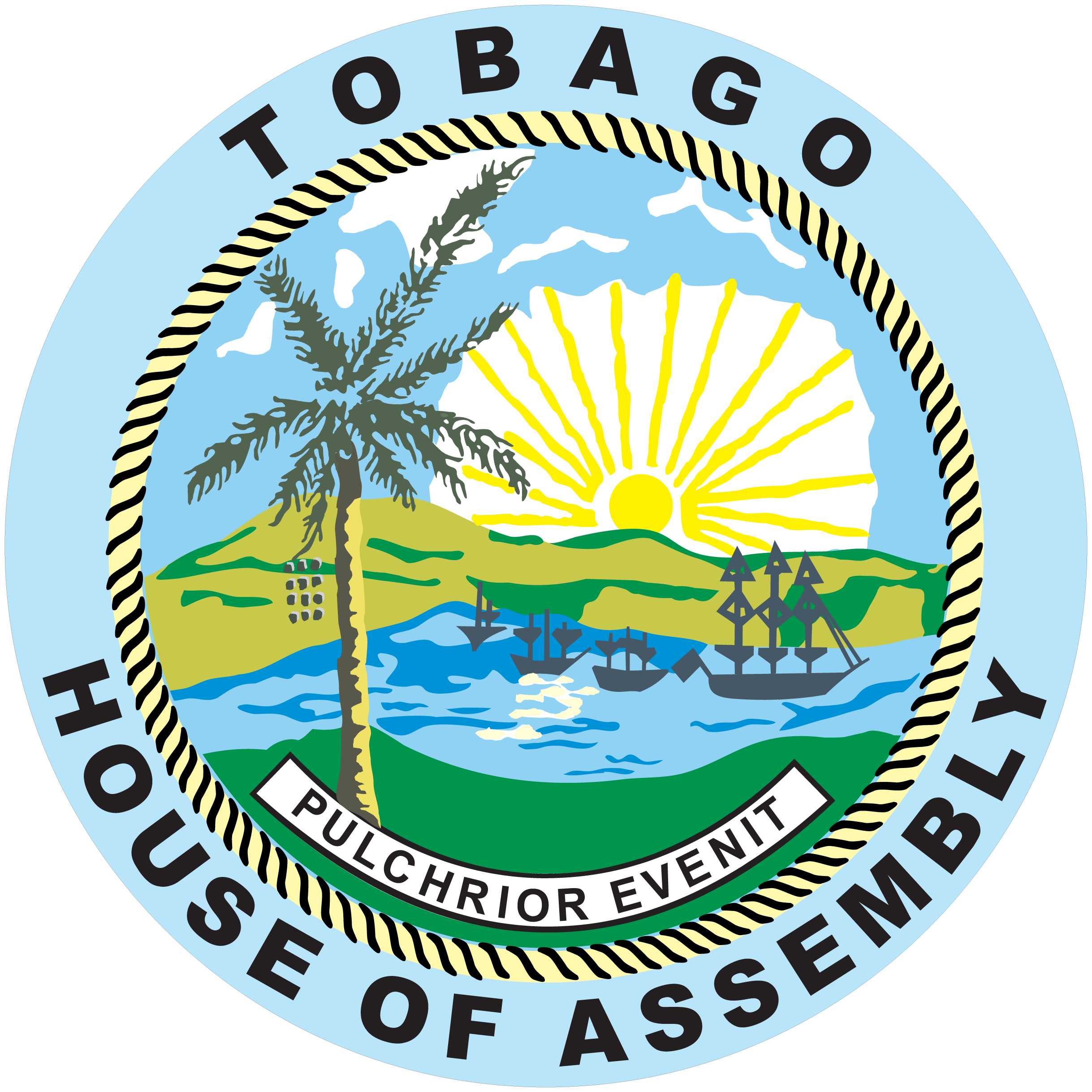Keeping Tobago “Clean, Green, Safe and Serene” is a strategic priority for the island. And the Tobago House of Assembly is aiming to ensure Tobago lives up to this motto, by imposing a ban on polystyrene.
On Thursday (March 23, 2017), the Assembly passed a motion to phase out the use of polystyrene (also known as styrofoam) and to convene a committee to source a “greener” alternative for food containers.
During the plenary sitting at the Assembly Chamber in Scarborough, Secretary of Infrastructure, Quarries and the Environment Kwesi Des Vignes said waste management and the preservation of Tobago’s environment is a major concern to the Assembly.
“We cannot take the environment for granted,” he said.
People also litter on beaches, and when styrofoam gets into the ocean, it can harm marine life. Des Vignes said this can also contribute to increased mercury levels in fish, which is a major source of food on the island.
Secretary of Tourism, Culture, and Transportation Nadine Stewart-Phillips also contributed to the debate, saying that “the quality of our environment greatly influences the competitiveness of the island’s tourism product.”
“One can therefore conclude that polystyrene has implications for the livelihood of our fisher [folk], beaches, inland waterways, and communities,” she stated.
She noted that Guyana has already banned the use and importation of polystyrene products, while St. Vincent, Dominica, Antigua and Barbuda are in the process of imposing restrictions on the material to control waste management.
Minority Leader Watson Duke did not support the motion, saying that polystyrene is not as environmentally harmful as the motion suggests. He said polystyrene products “consumes less energy than paper containers”, suggesting the motion was a bid to “get people to buy more containers”.
During the debate, Chief Secretary Kelvin Charles used the occasion to pay tribute to former Tobago West MP Dr. Winston Murray, who passed away on January 1.
“This administration intends to appoint a three-member committee to be chaired by the Chief Administrator to consider and recommend to the Executive Council and appropriate way to honour the life, contribution, and legacy of the late Dr. Winston Murray,” Charles said. He credited Murray with ensuring the THA had a four-year term instead of three, and that the THA chairman become a paid, full-time position.
